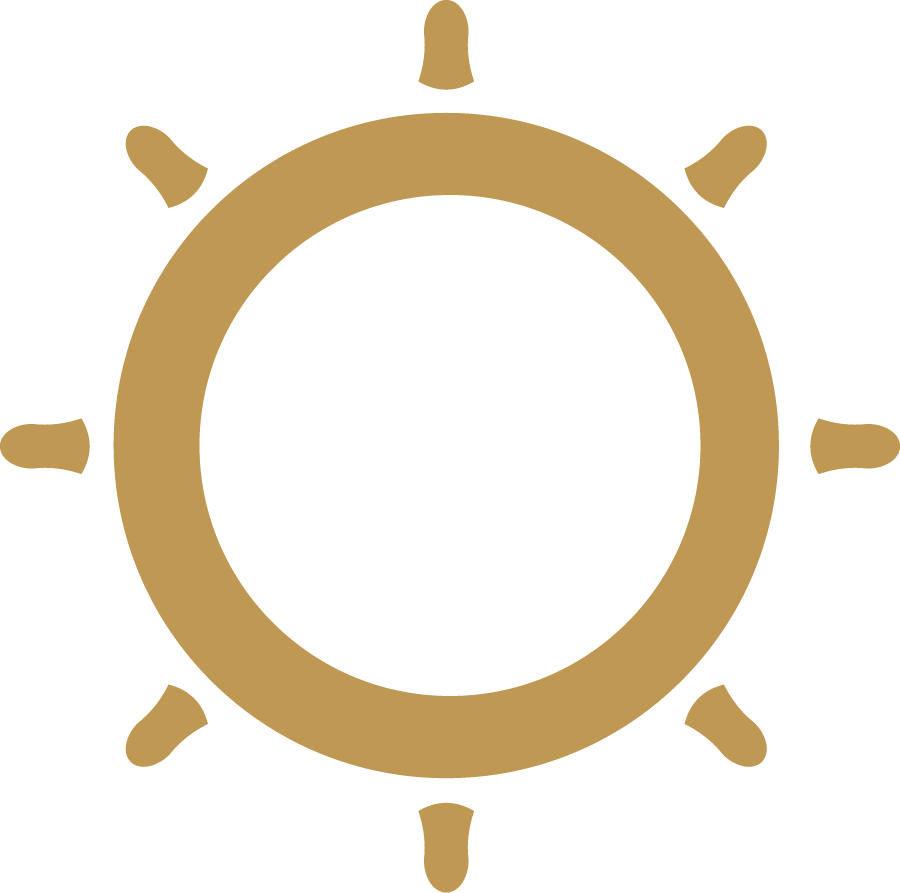Founded as a small machine shop on the banks of Bayou Lafourche to being the largest privately-owned shipyard in the United States.
From Humble
Beginnings
After graduating from high school during the Great Depression, Donald G. Bollinger went to work at Barker Barge Line in Lockport, Louisiana and apprenticed under his dad, Bud Bollinger, where they built oil barges for the Allies in World War II in the early 1940’s.
It was at Barker that Donald learned how to be a skilled machinist, but more importantly developed his relentless work ethic. The owner, Mr. Alex Barker, saw something special in Donald and when he passed away, left him $17,000.
Because of the recognition of Donald’s abilities and Mr. Barker’s intuition and kindness, Donald was able to dedicate himself to succeed in a business that he knew well. But more importantly, this showed him the importance of investing in his people and creating a culture that recognizes and rewards hard work.
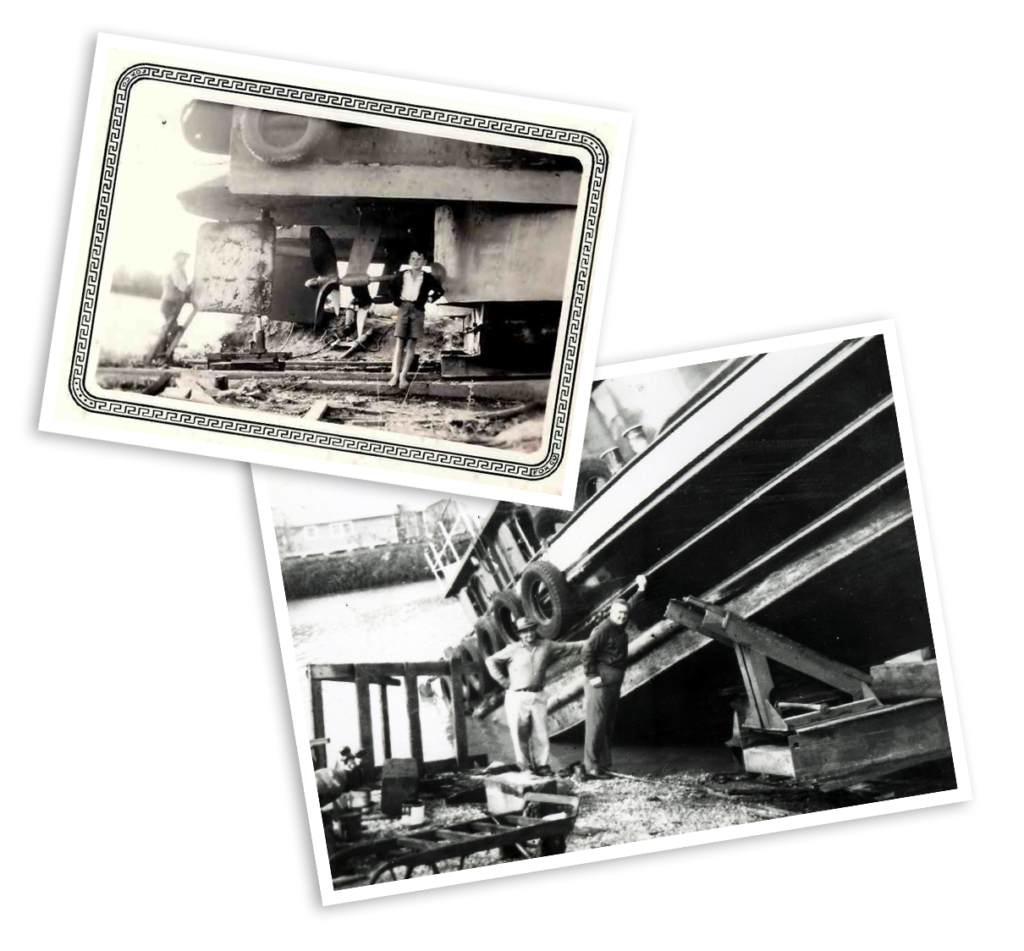
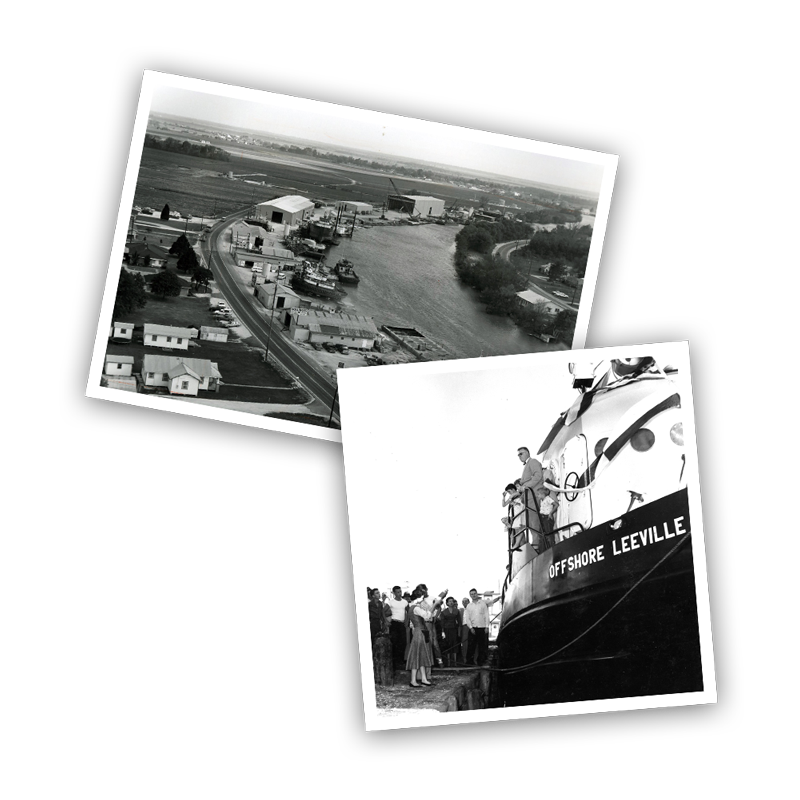
Bollinger Shipyard’s
Founding
In 1946, Donald used the money from Mr. Barker as seed money to start a business. He established a machine shop on 80 acres of land along the banks of Bayou Lafourche. He brought in his brothers, Ralph, a mechanic, and George, a welder, and Richard, an LSU graduate who became president of Bollinger. They also were joined by Bud and Walter K. “Pappy” Boyd, Donald’s brother-in-law.
Taking advantage of the oilfield boom in southern Louisiana, Bollinger began constructing barges and work boats. The company also built fishing vessels. During its first 25 years of existence, the company remained a small, local business. It was not until 1978 that the company would open a second shipyard, located in nearby Larose, Louisiana.
My father’s gonna kill me
Donald Bollinger’s son, Donald T. “Boysie” Bollinger, joined the family business in 1971, after earning a degree in business administration from the University of Southwestern Louisiana. In the late 70s Boysie was sent to Panama to negotiate a contract to build three tugboats for the Panama Canal Co., which he assumed was owned by the Panamanian government. Instead, he learned that the company was controlled by the U.S. government. Boysie later recalled thinking, “My father’s gonna kill me. He told me never to work for the Government.” But his father did not object to the contract, which was successfully completed and began a long partnership working with the U.S. government that continues to this day.
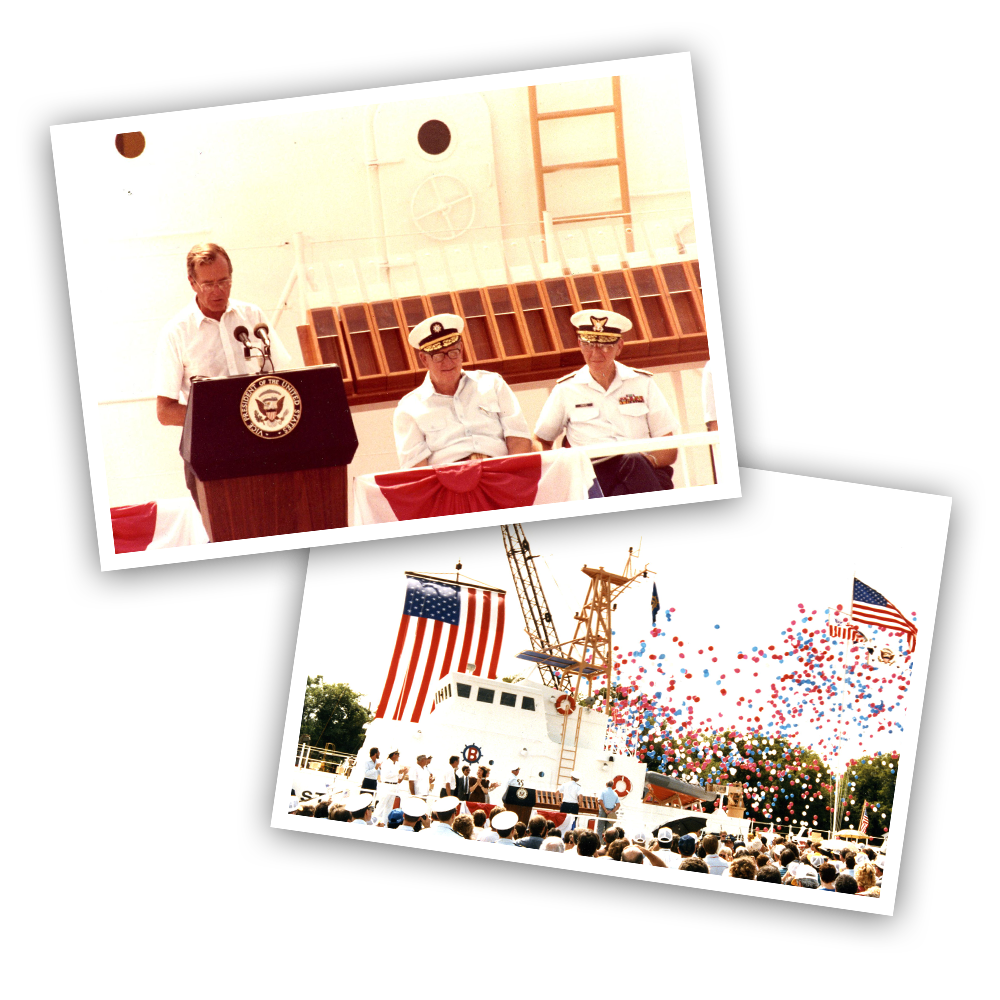
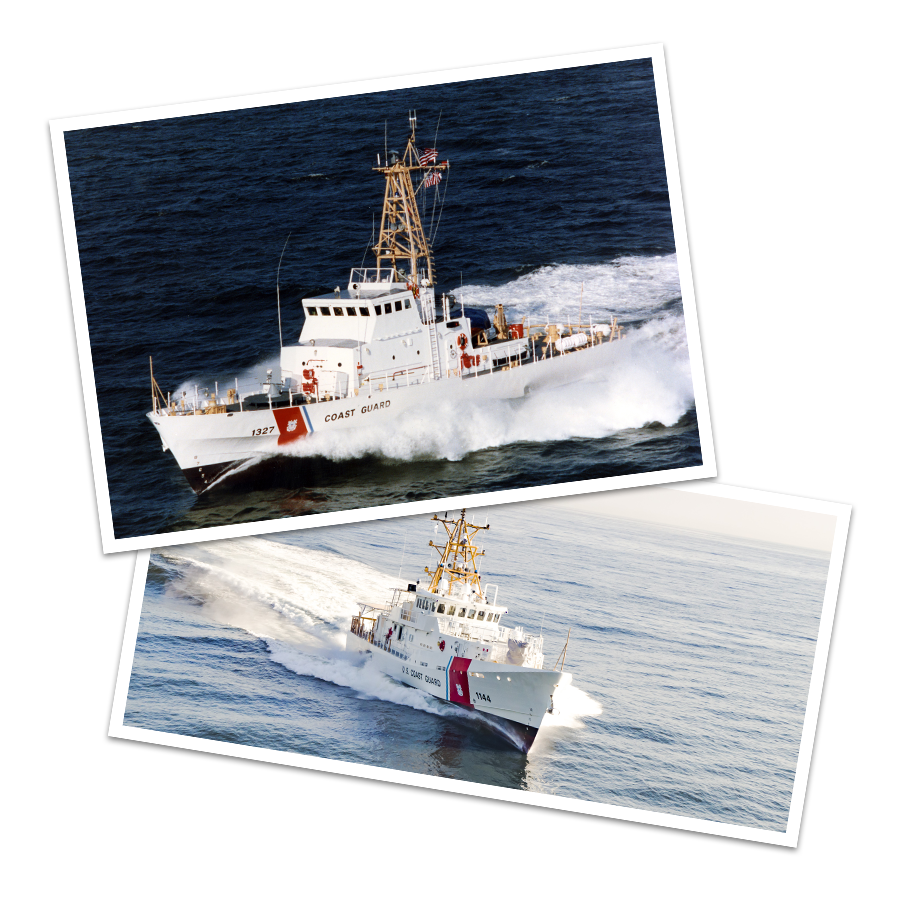
Establishing
Cutter Country
In 1984 the company won its first U.S. government shipbuilding contract. The $86 million deal called for Bollinger to deliver 13 110-foot-long Island Class cutters to the U.S. Coast Guard. The contract was subsequently increased to 16 vessels at a price of $99 million. Based on the high level of quality and craftsmanship, as well the company’s ability to reliably deliver on time and under budget, the U.S. Coast Guard contracted with Bollinger to acquire another 49 of Island Class cutters by the early 1990s. To date, Bollinger has built over 180+ cutters for the U.S. Coast Guard.
Change in
Leadership
In 1985, Boysie Bollinger succeeded his father as chief executive, who maintained his role as Chairman until his retirement in 1989. In the three decades that Boysie led the family business, he oversaw a number of critical acquisitions that led to Bollinger becoming the largest privately owned shipyard in the country.
In 1991, Bollinger bid on and was awarded a contract by the U.S. Navy to build 13 fast, shallow-water patrol boats, expanding the company’s growing government business.
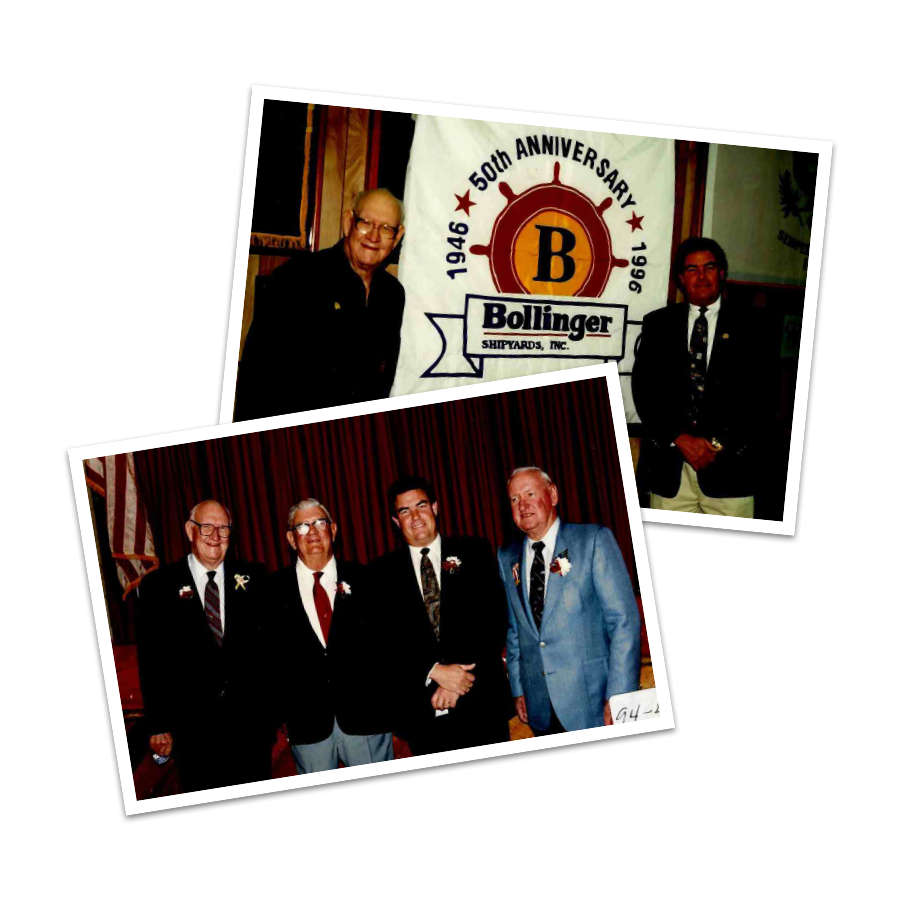

The Third
Generation
May 13, 2000 marked the end of an era when Donald G. Bollinger passed away at the age of 85. The business he founded was still very much family run. In addition to Boysie Bollinger, other family members holding positions in the company included his brother Richard, his daughter Charlotte, and his son Boysie.
In 2000, Charlotte’s son Ben Bordelon joined the company as a Project Manager after a successful career playing professional football in the National Football League. Ben rose to Executive Vice President of Repair and in 2013 was named Chief Operating Officer. In 2014, Ben succeeded his uncle Boysie as President and CEO, becoming the third generation of the Bollinger family to lead the company.
Ben has overseen continued expansion of the company. In April 2021, Bollinger acquired Gulf Island Fabrication Shipyard’s Houma facilities, expanding Bollinger’s new construction and repair capacity and capabilities. This acquisition created expanded opportunities for Bollinger to better serve and deepen its relationships with key defense and commercial customers. The acquisition also furthered Bollinger’s long history building for the U.S. government as two projects conveyed with the transaction – the Towing, Salvage and Rescue Ships (T-ATS) for the U.S. Navy and Regional Class Research Vessels for the National Science Foundation and Oregon State University. These projects conveyed with the transaction
